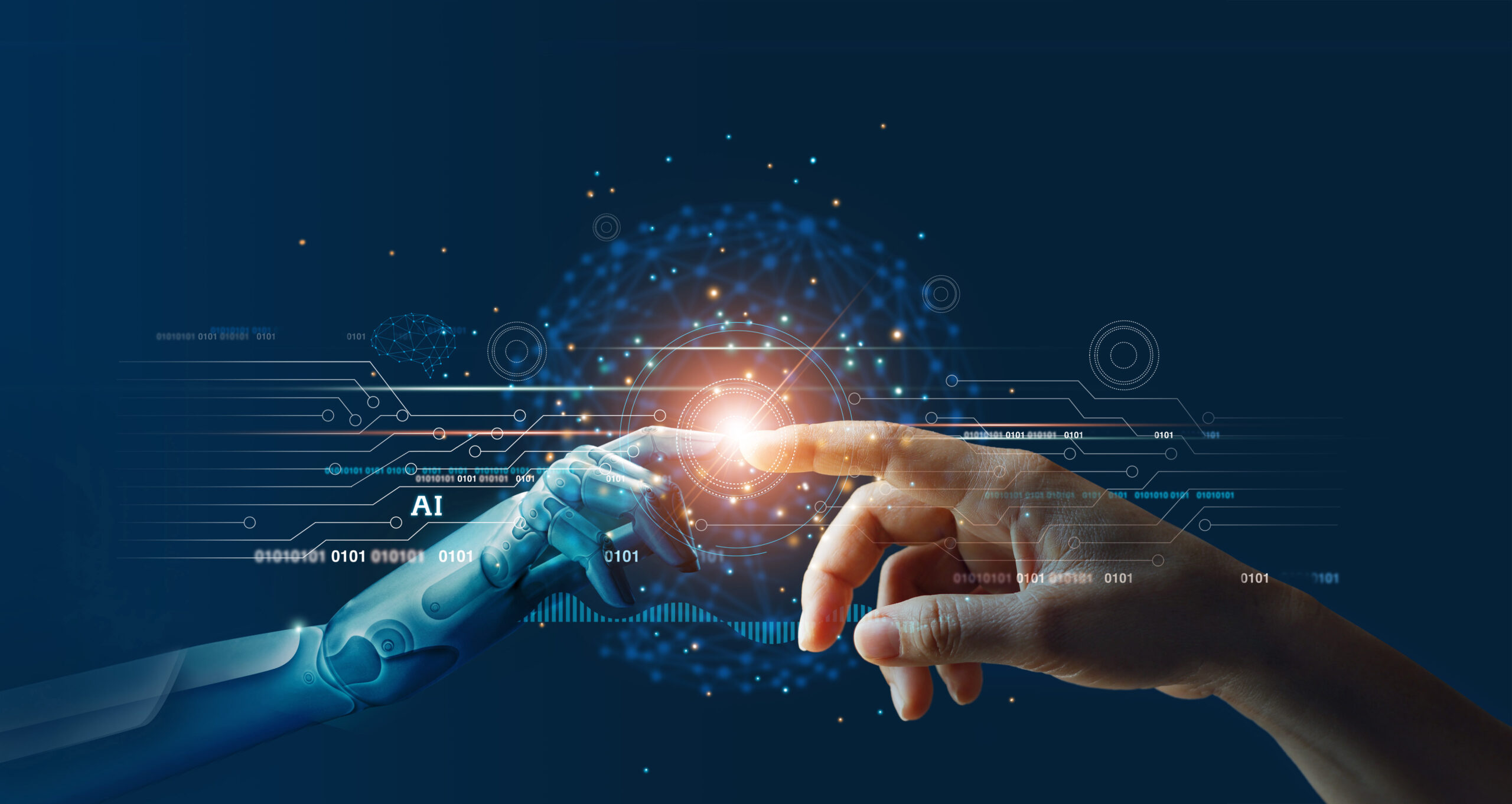In the realm of technological advancement, Artificial Intelligence (AI) stands as one of the most groundbreaking and transformative innovations of the 21st century. Often depicted in science fiction as sentient robots or superintelligent machines, AI is a multidisciplinary field of study that focuses on creating smart algorithms capable of performing tasks that typically require human intelligence. From self-driving cars to virtual assistants, AI has permeated various aspects of our lives, reshaping the way we live, work, and interact.
Understanding Artificial Intelligence
At its core, AI encompasses the simulation of human intelligence processes by machines, especially computer systems. This simulation includes learning, reasoning, problem-solving, perception, and language understanding. Machine Learning (ML) is a subset of AI that enables systems to learn and improve from experience without being explicitly programmed. Deep Learning, a subset of ML, involves neural networks with multiple layers, mimicking the human brain’s structure and enabling complex pattern recognition.
The Impact on Industries
One of the most significant impacts of AI is seen in various industries. In healthcare, AI algorithms analyze medical data, aiding in disease diagnosis and treatment recommendations. This not only enhances the accuracy of diagnoses but also expedites the process, potentially saving lives. In finance, AI-driven algorithms analyze market trends and optimize trading strategies, revolutionizing the way investments are made.
AI is also transforming manufacturing processes through robotics and automation. Smart factories equipped with AI-powered machines can adapt to changing demands, optimize production schedules, and minimize downtime. Additionally, AI plays a crucial role in environmental sustainability, helping analyze vast datasets to monitor climate change, track deforestation, and manage natural resources more efficiently.
AI and Everyday Life
In our daily lives, AI-powered applications have become ubiquitous. Virtual assistants like Siri, Alexa, and Google Assistant use AI to understand natural language and perform tasks, simplifying our interactions with technology. Social media platforms leverage AI to curate personalized content, improving user experience. AI-driven recommendation systems on streaming services, online shopping platforms, and news websites analyze user preferences to offer tailored suggestions, enhancing customer satisfaction.
Ethical Considerations and Challenges
Despite its immense potential, AI also raises ethical concerns. Issues related to data privacy, algorithmic bias, and job displacement due to automation are some of the challenges that society must address. Ensuring that AI systems are fair, transparent, and accountable is essential to mitigate these concerns. Striking a balance between innovation and ethical considerations is crucial to harness the full potential of AI for the benefit of humanity.
The Future of AI
Looking ahead, the future of AI is both promising and exciting. Continued research and development in AI technologies will likely lead to even more sophisticated applications. AI-driven innovations in fields like education, transportation, and entertainment are on the horizon. The integration of AI with other emerging technologies such as the Internet of Things (IoT) and blockchain will further expand its capabilities, creating a more interconnected and intelligent world.
In conclusion, Artificial Intelligence has emerged as a transformative force, shaping the future of humanity. Its applications span across various industries and aspects of our daily lives, enhancing efficiency, accuracy, and convenience. As we continue to advance in this field, it is crucial to approach AI development with ethical considerations, ensuring that its benefits are accessible to all while minimizing potential risks. With responsible innovation, AI has the potential to revolutionize our world, making it more intelligent, efficient, and interconnected than ever before.

